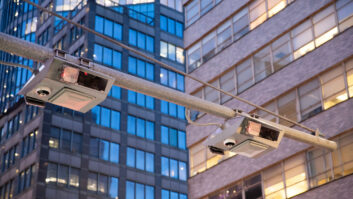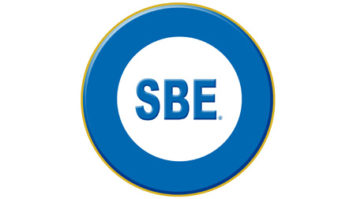After a federal appeals court struck down previous rules, the FCC released new procedures to allocate and license “non-reserved” broadcast spectrum where competing commercial and noncommercial uses are
proposed.
Previously, the commission tried to resolved competing applications between commercial and noncoms via auction, but because noncoms were exempt from the auction process, this created a quandary. The FCC decided the auction exemption applied only when noncoms sought reserved spectrum, but that noncoms must compete at auction for non-reserved, or commercial, spectrum.
The appeals court rejected this interpretation in 2001. The commission asked for suggestions in a second proposed rulemaking and has now made several decisions.
The FCC said the auction exemption for noncoms applies to two types of broadcast stations: (1) AM, FM, and full-power TV stations that a nonprofit educational organization demonstrates will be used to advance an educational; and (2) stations that will be used by a municipality to transmit only noncommercial programs for educational purposes.
Applicants that do not satisfy one of these standards must compete at auction for licenses. Applications for noncom stations will be dismissed if they conflict with an application for a commercial station after any applicable settlement window expires.
Under existing rules, applicants for secondary services (i.e., LPTV and translator services) already have a limited opportunity to resolve their application conflicts outside of the auction process, in part because engineering solutions are possible. Under the new procedures, the FCC will extend a similar opportunity to resolve application conflicts to mixed groups of applicants for AM service, because engineering solutions are also possible.
The FCC affirmed that it will continue to reserve additional FM and TV channels for noncom stations if the proponent for reservation demonstrates that it cannot use an already-reserved channel, and it will provide needed noncom service in a given area.
Non-Reserved Spectrum Gets New Rules
Non-Reserved Spectrum Gets New Rules












